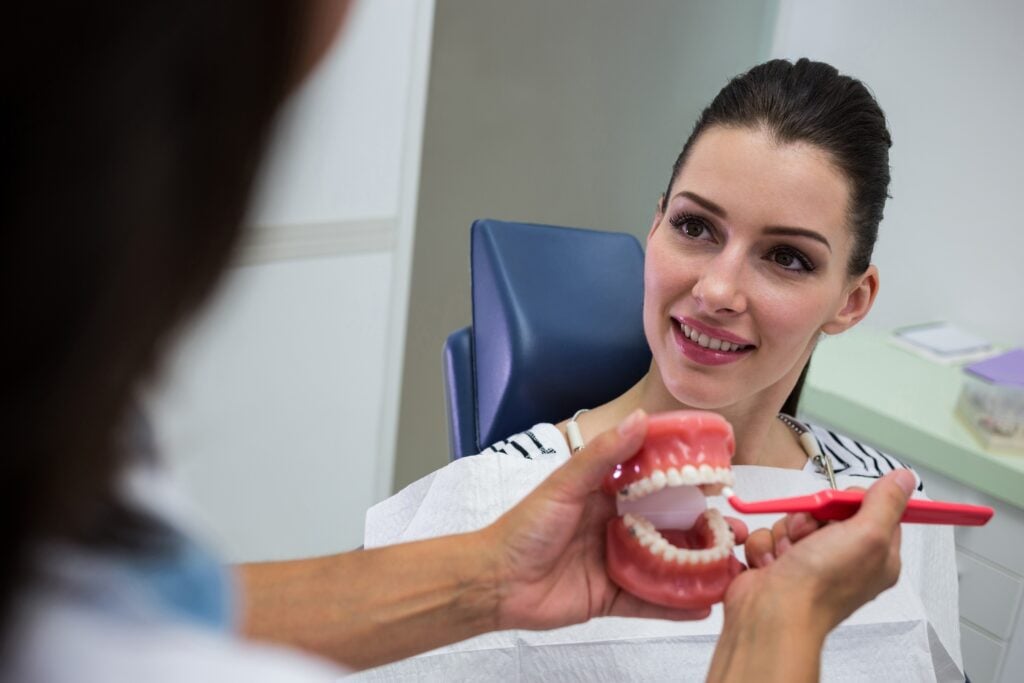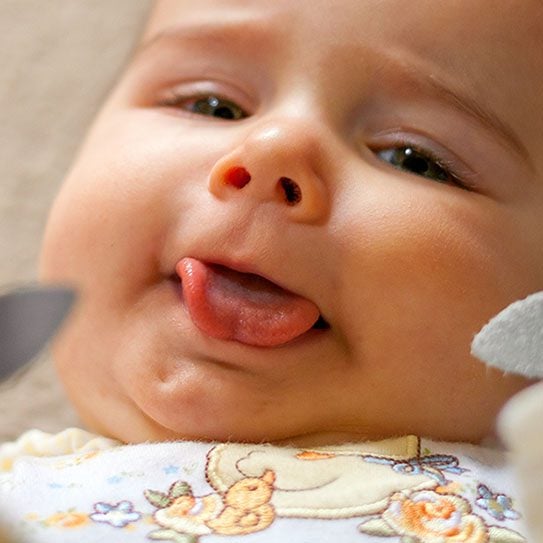Dental crowns are built to be tough. They restore the strength, shape and beauty of damaged teeth while protecting them from further harm. But how long do dental crowns really last? On average, most crowns last 10 to 15 years, though with great oral care and regular dental visits, they can last even longer, sometimes well beyond 20 years.
In this guide, we’ll break down the typical lifespan of different crown types and share expert-backed tips to help you make the most of your dental investment. Read on to find out how to keep your crowns looking and functioning their best for years to come.
How Long Do Dental Crowns Last? A Quick Overview
Not all crowns are made the same. Their longevity often depends on the material and how well they’re maintained. Here’s a quick look at the average lifespan of each type:
- Porcelain Crowns: Around 10 to 15 years; known for their natural look but slightly more fragile.
- CEREC Crowns: Typically 10 to 15 years; milled in a single visit, offering both speed and durability.
- Metal or Gold Crowns: Can last 15 to 20+ years; highly durable and resistant to wear.
The life of your dental crown also depends on your oral hygiene routine, biting habits and frequency of professional check-ups. With proper care like daily brushing, flossing and avoiding hard foods, your crown could easily outlast the average lifespan.
Restore & Protect Your Smile with Vivaldi Smile Artisans
At Vivaldi Smile Artisans, we use high-quality crown materials designed for durability and aesthetics. Whether you need a CEREC crown for convenience or a porcelain crown for a natural finish, we help ensure it lasts for years to come.
Call us today on (02) 8252 7677 or visit our contact page to book a consultation. Discover long-lasting dental solutions tailored to your smile.
Types of Dental Crowns and How Long They Last
The material plays a huge role in how long dental crowns last and how well they perform. Each type has its pros, cons and typical lifespan. Let’s explore how different crown materials compare.
1. Porcelain Crowns
Expected lifespan: 10 to 15 years
Porcelain crowns are popular for their natural appearance. They’re stain-resistant and ideal for front teeth but may wear down faster with heavy biting forces.
2. CEREC Crowns (Same-Day Crowns)
Expected lifespan: 10 to 15 years
CEREC crowns are milled from high-strength ceramic in one visit. While convenient, they offer similar durability to traditional porcelain crowns when properly cared for.
3. Metal or Gold Crowns
Expected lifespan: 15 to 20+ years
These are highly durable but less aesthetically appealing. Often used on molars, they resist cracking and chipping even under heavy chewing forces.
Factors That Influence How Long Your Crown Lasts
While material quality matters, it’s your daily habits and dental health that truly determine longevity. Everything from how you bite and chew to how often you visit the dentist can affect your crown’s lifespan. Here are the key factors that make the biggest difference.
1. Oral Hygiene
Good oral hygiene is essential for protecting the tooth beneath your crown. If plaque builds up around the edges, it can cause decay at the margins or lead to gum disease, both of which compromise the crown’s stability. Brushing twice a day, flossing daily and keeping up with regular dental cleanings help prevent these issues and keep your crown in top condition.
2. Tooth Location
Where your crown sits in your mouth matters. Crowns on molars or premolars are exposed to stronger biting forces, which can lead to more wear and tear over time. Front tooth crowns, on the other hand, experience less pressure and often last longer, though they still need proper care to maintain their appearance.
3. Biting Habits
Certain habits can put unnecessary strain on your crown. Grinding or clenching your teeth (bruxism) and chewing on hard objects like pens, fingernails, or ice can chip or loosen the crown. If you grind your teeth at night, your dentist may recommend a custom mouthguard to protect both your crown and your natural teeth.
4. Material Type
The material your crown is made from significantly affects its lifespan. Metal and porcelain-fused-to-metal crowns tend to be the most durable, while all-ceramic or all-porcelain options offer better aesthetics but may wear down faster. Your dentist will help you choose the best balance between strength and appearance based on your needs and the tooth’s location.
5. Skill of Placement
A well-crafted and properly fitted crown will always last longer. If the crown doesn’t sit securely or align correctly with your bite, it can lead to discomfort, wear, or even early failure. That’s why choosing an experienced dentist who pays attention to detail during the fitting process is essential for long-term success.
How to Make Your Dental Crowns Last Longer
A well-maintained crown can last decades, but only if you care for it properly. Here’s how to make them last their longest.
1. Maintain Daily Oral Hygiene
Brush twice a day and floss once daily to prevent plaque buildup around the crown’s base.
2. Use a Nightguard if You Grind Your Teeth
If you suffer from bruxism (grinding), a custom nightguard will protect both natural teeth and crowns.
3. Avoid Hard or Sticky Foods
Chewing ice, biting into hard nuts or sticky lollies can crack or loosen crowns. Be mindful of your chewing habits.
4. Attend Regular Dental Visits
Six-monthly check-ups allow your dentist to monitor crown condition and catch early signs of wear or damage.
5. Avoid DIY Whitening Products
While natural teeth may respond to whitening, crowns won’t change colour and may become mismatched. Consult your dentist for whitening options.
Signs Your Dental Crown May Need Replacement
It’s important to recognise early signs of a failing crown. Look out for:
- Pain or sensitivity near the crowned tooth
- Visible cracks or chips
- Receding gums or inflammation
- Looseness or movement
- Discolouration around the crown edge
If you notice any of these issues, book a check-up to avoid further complications.
What Happens If a Crown Fails?
In most cases, a damaged or worn crown can be replaced without extensive treatment. However, if decay or infection has developed underneath, you may require root canal therapy or additional dental work before re-crowning. Addressing problems early ensures quicker and more cost-effective solutions.
Does Health Insurance Cover Crown Replacement?
Yes, most private health funds in Australia cover dental crowns under major dental extras. Coverage for replacements depends on:
- Time elapsed since your last crown
- Annual limits
- Waiting periods and policy inclusions
Check with your provider for specific eligibility.
Takeaway
Dental crowns are an excellent investment in long-term oral health and aesthetics. With good care, most crowns last 10–15 years or more, some can go beyond 20 years. By practising good oral hygiene, avoiding harmful habits and visiting your dentist regularly, you’ll maximise the lifespan of your crown and protect your smile.
Need a crown or concerned about an existing one? Call Vivaldi Smile Artisans on (02) 8252 7677 or visit our contact page to receive expert care and guidance from our trusted Sydney dental team.





